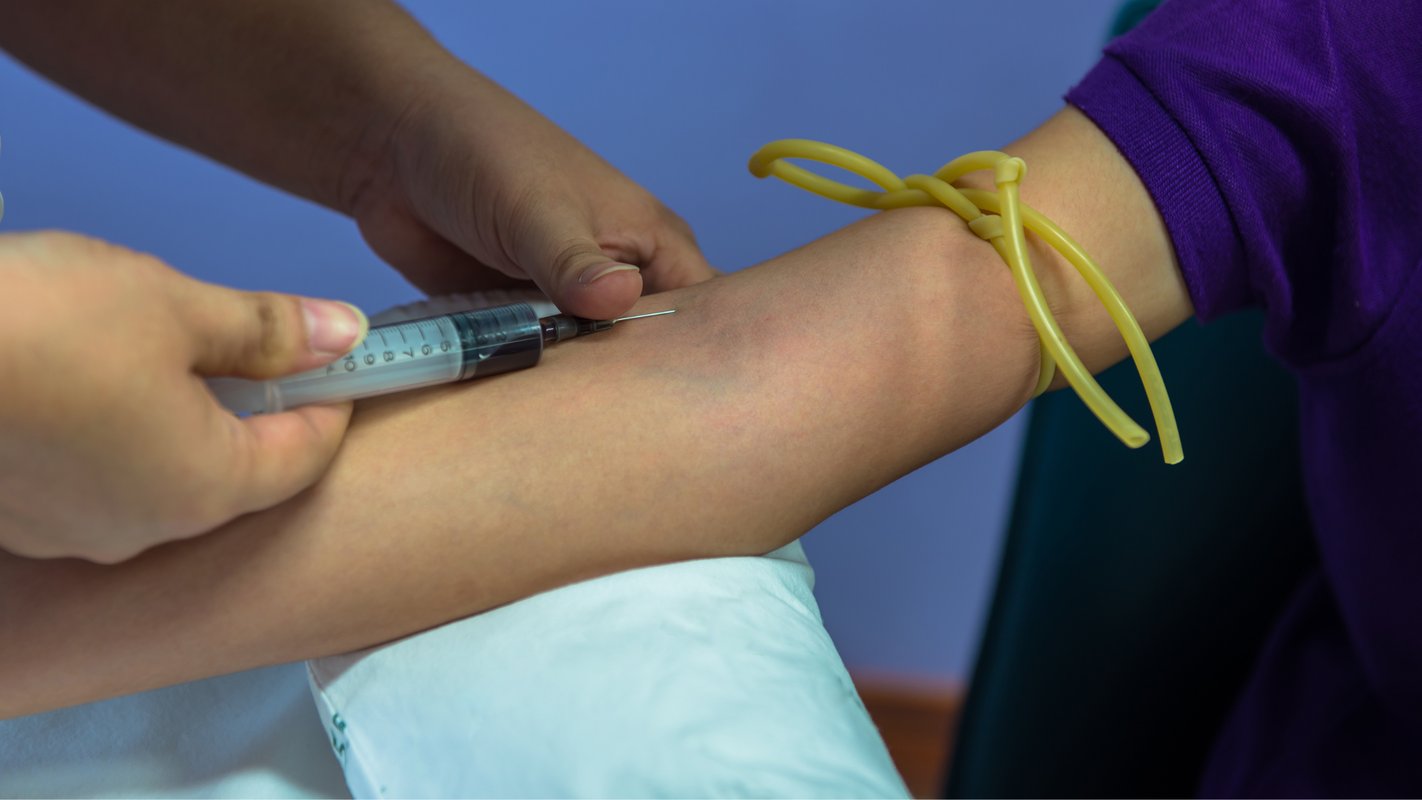How to Become a Phlebotomist in Tennessee (2025)

If you're looking for a fast, affordable entry into Tennessee's thriving healthcare system, becoming a Phlebotomist is an excellent choice. With major healthcare networks like Vanderbilt University Medical Center and HCA Healthcare headquartered in Nashville, there is a constant demand for skilled technicians to draw blood for diagnostics. The state employs over 3,000 of these essential professionals who earn a median salary of $39,520 per year, according to the U.S. Bureau of Labor Statistics. This guide provides the definitive 5-step process for navigating Tennessee's training and voluntary certification landscape to launch your career.
4. Take Your Certification Exam
Steps:
- Choose a certifying body (ASCP, NHA, or AMT)
- Register and pay the exam fee
- Study using official prep materials and mock exams
- Pass the test to earn your credential
5. Start Your Job Search
- Update your resume with training, clinicals, and certification
- Search for phlebotomist jobs near you via My Next Move
- Apply to hospitals, labs, clinics, or mobile services
- Prepare for interviews with common questions about blood draw procedures, infection control, and patient care
Where to Find Phlebotomy Classes in Tennessee?
For a convenient way to find "phlebotomy classes near me", Dreambound allows you to search for programs in Nashville, Memphis, Knoxville, and more, including online options. Simply enter your ZIP code to discover the best training programs that fit your schedule.
For more details, check out our comprehensive guide on how to become a phlebotomist anywhere in the U.S., covering training steps, certification requirements, job opportunities, and salary expectations by state.
How Long Does It Take to Become a Phlebotomist?
You can become a job-ready, certified Phlebotomist very quickly. Most training programs in Tennessee take only 4 to 16 weeks to complete. After that, it usually takes a few weeks to schedule and pass your national certification exam.
What About Licensing in Tennessee?
Tennessee does not require a state-specific license for phlebotomists. The profession is unregulated at the state level. However, the job market is driven by national standards, and virtually all reputable employers require you to have a national certification (like CPT) from a recognized agency to get hired.
## Career Paths After Phlebotomy
Phlebotomy isn’t just a job—it can be a launchpad. With experience or additional education, you can advance to:
- Phlebotomy Supervisor: Manage staff and quality control in hospitals or labs
- Medical Lab Technician (MLT): Perform more complex lab tests with additional credentials
- Nursing: Use phlebotomy experience as a foundation for LPN or RN programs
- Healthcare Administration: Move into operations or lab management
- Phlebotomy Instructor: Train future phlebotomists once you're certified and experienced
Frequently Asked Questions
Do you need a license for phlebotomy in Tennessee?
Tennessee does not require a state‐specific license for Phlebotomists. However, many employers prefer or require national certification from bodies like ASCP, NHA, or AMT to ensure high professional standards.
How to get a phlebotomy license in TN?
Since there is no direct “license,” you typically complete an approved training program and pass a national certification exam. Then, you may register with the Tennessee Department of Health if required by your employer or facility.
How much does a phlebotomy technician make in Tennessee?
According to the BLS, Phlebotomists in Tennessee earn an average salary of $39,520 per year ($19.00/hour). Salaries range from $30,000 to $45,000+, depending on experience, location, and employer.
What is the fastest way to become a phlebotomist?
Enroll in an accelerated training program (as short as 4 weeks), complete clinical requirements, and pass a national certification exam.
Final Thoughts
Phlebotomy is one of the fastest ways to break into healthcare—with low barriers to entry, strong job demand, and a direct connection to patient care. In Tennessee, you can become a certified phlebotomist in under two months and start earning right away.
Whether you want a long-term career in diagnostics or a stepping stone into nursing, lab work, or healthcare leadership, phlebotomy is a smart, flexible place to start.
If you're considering a career shift or curious about different professional paths, Dreambound has written many guides to help you in making informed decisions. Here are a few:

Athena is Co-founder and CEO of Dreambound.



